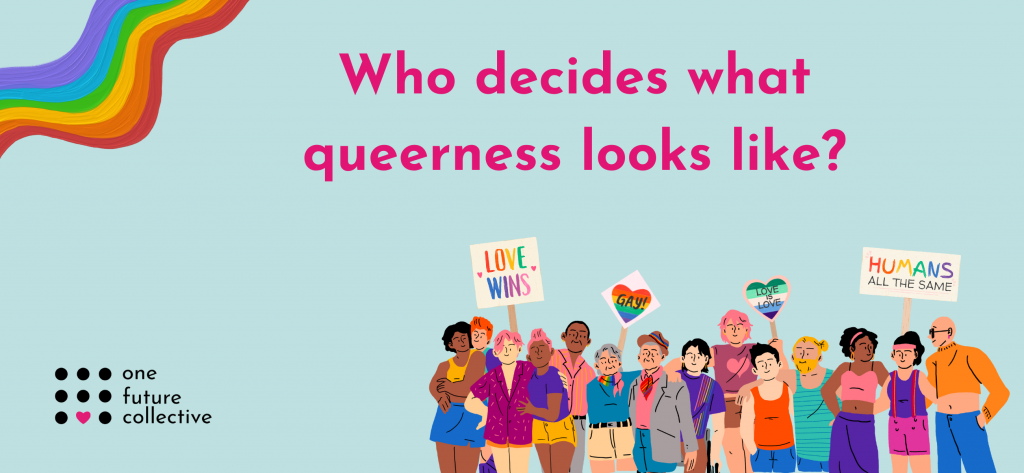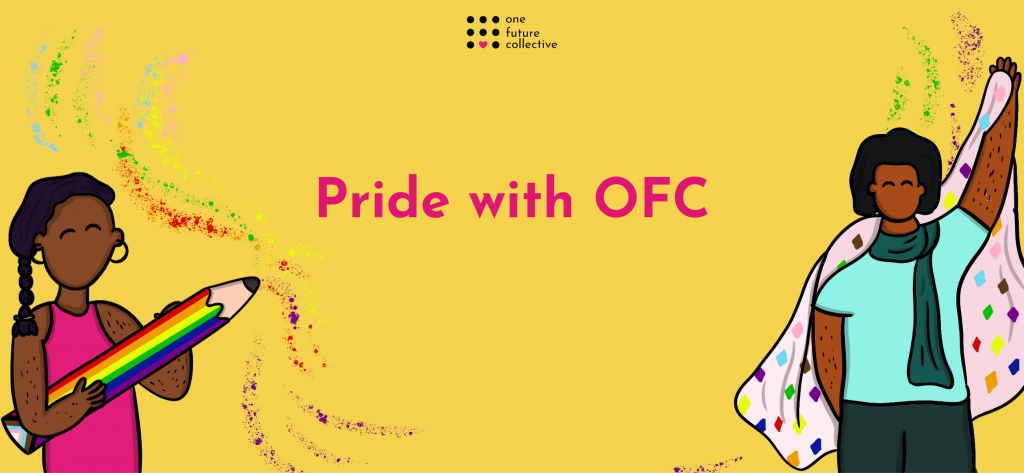
Who Decides What Queerness Looks Like?
June 28, 2022Am I queer? Yes. Do I tell people I am queer? No. It has been about 4 years since…
Pride with OFC: Over the Years
June 2, 2022As a queer and youth-led organization, the centring of queer experiences in the systems we inhabit forms a crucial element…
Download our latest report!

